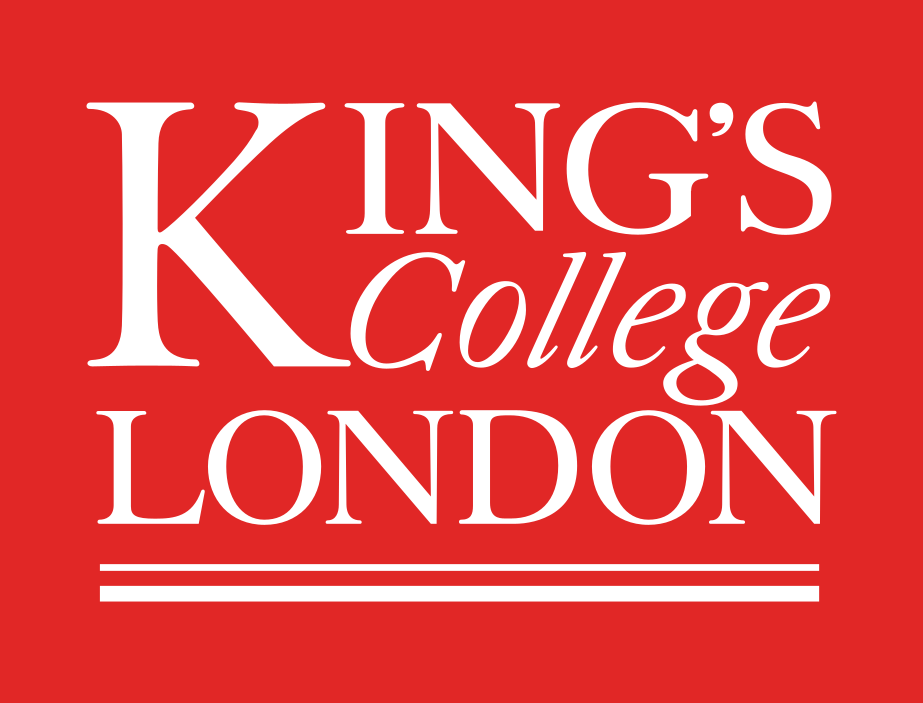RaISE: A Randomised Controlled Feasibility trial of Intermittent Theta Burst Stimulation for Young People with Anorexia Nervosa

Name of researcher/s: Amelia Hemmings and colleagues (with Prof Ulrike Schmidt as Principal Investigator)
Affiliation: King's College London (KCL)
Email address: amelia.1.hemmings@kcl.ac.uk
Who can take part?
To take part in RaISE, you must:
- Be aged between 13-30
- Have a diagnosis of anorexia nervosa
- Have undergone at least one full course of standard eating disorder treatment for anorexia nervosa, e.g., family-based therapy, in-patient treatment
- Have a BMI over 14 (for participants over the age of 18) or over 66% of the median BMI for age and gender (for participants under the age of 18)
- Have approval from your eating disorder clinician if you have one
- Use and understand English as a language for everyday conversation
- Be based in London, or able to stay in London for the 4-week treatment period, to attend sessions at the Institute of Psychiatry, Psychology and Neuroscience at Kings College London.
What is the purpose of the research?
Many people with anorexia nervosa find talking therapy helpful in their journey to recovery. But the effectiveness of therapy can vary from person to person, and some people with anorexia don’t find talking therapies as helpful.
Research shows that certain areas of the brain function differently when a person has anorexia, which can affect how someone processes feelings and what they find rewarding, as well as their mood, impulses, and choices. If we target these areas using neuromodulation (i.e., brain-directed treatment) this could be helpful for people who did not find talking therapy as useful. For example, when our research group conducted a study with adults who had long-standing anorexia, we found that neuromodulation had positive effects on mood and food choice flexibility, followed by longer-term improvements in weight and eating disorder symptoms (Dalton et al., 2020).
Intermittent theta burst stimulation (iTBS) is one type of neuromodulation we believe could be helpful for young people with anorexia. We aim to investigate the feasibility of iTBS as a treatment for this group.
What does the study involve?
- A baseline assessment, including neuroimaging, cognitive tasks and online questionnaires,
- 20-sessions of real or placebo (fake) iTBS, spread over 4-weeks (one session each weekday) at the Institute of Psychiatry, Psychology and Neuroscience in London,
- A post-treatment assessment, which will be the same as the baseline,
- Online questionnaires and a qualitative interview with the researcher 4-months after you started the trial.
Please note that you will be asked on some occasions to tell us your current weight.
During iTBS, we hold a magnetic coil over an area of the brain that functions differently when someone has anorexia. The coil produces a sequence of pulses for 4 minutes, and these pulses travel through the scalp to activate brain cells underneath. This gives a fast tapping sensation, and it may be slightly uncomfortable, but not painful. iTBS has not yet been used with young people who have anorexia, but evidence shows it is safe and effective for treating depression in young people. Our participant information video provides a demonstration of the iTBS: https://www.youtube.com/watch?v=Gve-i1hRjkQ
We need to include a fake or “placebo” group because people sometimes show improvements even when they are given a fake treatment, which is called the placebo effect. By comparing people’s responses to the real TBS and to the fake TBS, we can see whether the real TBS is actually more effective than fake TBS. Those receiving the fake treatment will be offered a full course of the real iTBS after the study.
Participants will receive £50 on completion of the 4-month follow-up session and are entitled to travel expenses up to £17 for the baseline and post-treatment assessments.
How can someone take part?
If you’d like to take part, contact one of our researchers to discuss the study further: amelia.1.hemmings@kcl.ac.uk.
To find out more, and download our participant information sheets, check out our website at https://edifyresearch.co.uk/get-involved/6/the-raise-trial-a-feasibility-rct-of-intermittent-theta-burst-stimulation-for-young-people-with-anorexia-nervosa
Keep updated by following our X (formerly known as Twitter) account: @EDIFYresearch and Instagram @edifyresearch. If you have any questions, contact the research team at EDIFYresearch@kcl.ac.uk.